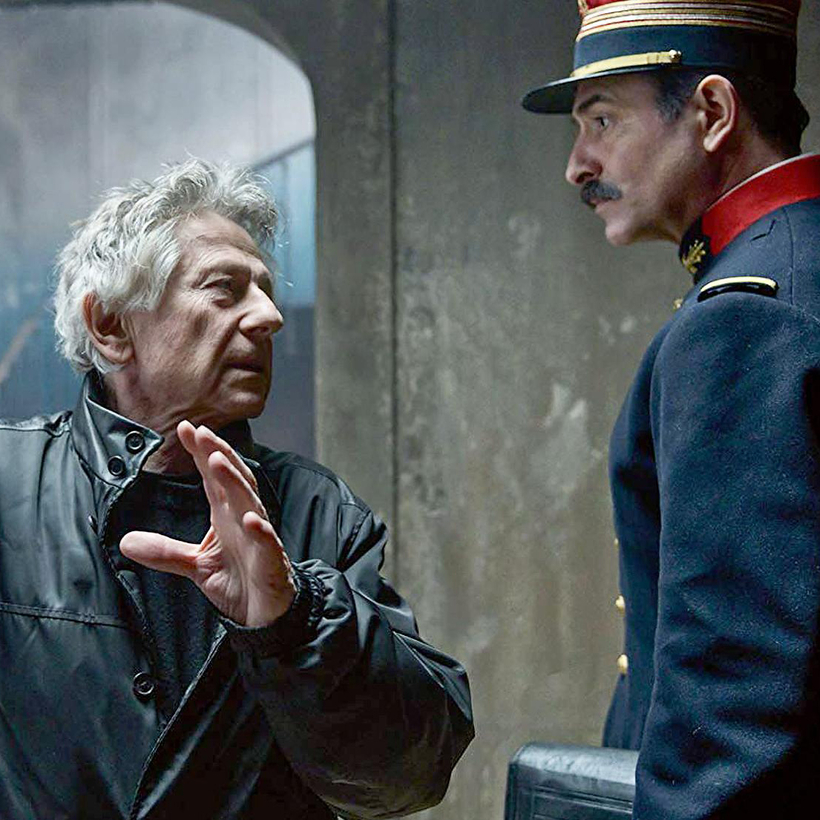France’s version of the Oscars is facing protests after organisers nominated the latest work by Roman Polanski, the director accused of rape, for more awards than any other film.
An Officer and a Spy has been put up for 12 awards, angering feminist groups whose members said they planned to demonstrate at the ceremony in Paris at the end of next month.
The French-Polish director is wanted in the US after fleeing to France in 1978 before sentencing on charges that he had sex with a 13-year-old girl.
Five other women have come forward with claims that he raped or sexually assaulted them when they were children or young adults. He denies all the allegations.
Caroline De Haas, the founder of Osez le Féminisme [Dare to be feminist] described the list for the Césars, as the French Oscars are known, as a disgrace. “This shows that the world of cinema has yet to get the measure of the sexual violence afflicting children in France,” she said.
Five other women have come forward with claims that he raped or sexually assaulted them when they were children or young adults.
Osez le Féminisme said: “By celebrating a fugitive rapist and child sex criminal, we silence the victims.”

Alain Terzian, 70, president of the Academy of Cinema Arts and Techniques, which runs the Césars, dismissed the controversy. Asked whether it should have excluded Polanski, 86, because of the rape allegations, he said: “Unless I am wrong, 1.5 million French people have gone to see his film. Go ask them.” He added: “The academy is not a body that should have moral positions.”
Ms De Haas responded by saying: “The academy has taken a moral posture and it has decided that criminality is not a problem.”
“By celebrating a fugitive rapist and child sex criminal, we silence the victims.”
The row was exacerbated by the nomination of Adèle Haenel, 31, for best actress for her role in Portrait of a Lady on Fire. Haenel helped to break the taboo over sexual violence in the French film industry last year when she claimed that she had been assaulted as a child by the director Christophe Ruggia. Ruggia, 55, has since been charged in connection with the allegations, which he denies.
The allegations against Polanski were long ignored by a French film industry that has tended to treat him as an eminently respectable intellectual. However, the mood is changing. When An Officer and a Spy was released last autumn there were calls for a boycott in protest at Polanski’s refusal to attend sentencing in California.
The row escalated after Valentine Monnier, 63, a former model, made a claim a few days before the release of the film that Polanski had raped her in Switzerland when she was 18.
“Unless I am wrong, 1.5 million French people have gone to see his film. Go ask them.”
Her claims, like all those made by women alleging to have been victims of the director in France or Switzerland, are too old to form the basis of a prosecution. Polanski dismissed Ms Monnier’s accusations as untrue.
An Officer and a Spy is about Alfred Dreyfus, a Jewish captain in the French army who fell victim to antisemitism in 1894 in a case that became a cause célèbre. Polanski has infuriated his critics by suggesting that he is a modern-day Dreyfus, facing a feminist witch-hunt.
The first signs that the mood in France was turning against Polanski came in 2017 when the academy chose him to preside over the César ceremony. The feminist backlash was such that he was forced to turn down the invitation.
The academy has come under fire again in recent weeks from critics who accuse it of operating like an old boys’ network and of being dominated by a small group of male producers and directors mostly aged over 65.

